Aspirin For The Prevention Of Cardiovascular Disease
Aspirin for the prevention of cardiovascular disease. Cardiovascular diseases are the leading causes of death and disability in older adults nationwide. Aspirin therapy is well-accepted as an agent for the secondary prevention of cardiovascular events and current guidelines also define a role for aspirin in primary prevention. 12 Even if low-dose aspirin suppresses the direct COX-1 activation pathway similarly between both genders a meta-analysis of 6 RCTs suggested that aspirin reduced the risk of myocardial.
Daily aspirin use for primary cardiovascular disease prevention is common among adults. Aspirin in the Prevention of Cardiovascular Disease and Cancer Annu Rev Med. In the past experts recommended taking a low-dose daily aspirin for preventing cardiovascular disease.
Heart and vascular or cardiovascular diseases include conditions such as coronary heart disease heart attacks high blood pressure and stroke. Aspirin use is associated with better outcomes among COVID-19 positive patients. Aspirin in the primary prevention of cardiovascular disease in diabetes mellitus.
The USPSTF recommends initiating low-dose aspirin use for the primary prevention of CVD and CRC in adults aged 50 to 59 years who have a 10 or greater 10-year CVD risk are not at increased risk for bleeding have a life expectancy of at least 10 years and are willing to take low-dose aspirin dail. Aspirin for the primary prevention of cardiovascular events in women and men. Preventive Services Task Force USPSTF currently recommends that adults 50 to 59 years of age start taking a daily low-dose aspirin if they have a.
Acetylsalicylic acid universally known as aspirin ASA is the most commonly utilized antiplatelet agent and has long represented the cornerstone of pharmacologic treatment for the prevention of atherothrombotic complications associated with cardiovascular disease CVD. Before considering the impact of aspirin in people without cardiovascular disease it is first important to clarify uses for aspirin that are not up for debate. Nothing about any of the new aspirin data including ASPREE pertains to secondary prevention which refers to use of aspirin in patients with established cardiovascular disease.
In people who have had a heart attack or certain types of stroke the use of aspirin to prevent a second event potentially a fatal one is firmly established. In this review we describe the seminal trials of aspirin use in the context of current guidelines discuss factors that may influence the effectiveness of aspirin therapy. A sex-specific meta-analysis of randomized controlled trials.
The benefit of aspirin for patients with established cardiovascular disease outweighs the risk of bleeding but the role of aspirin for individuals with no overt cardiovascular disease is more controversial12 In a meta-analysis34 of 118 445 individuals from 11 trials of aspirin for primary cardiovascular disease prevention aspirin reduced the relative risk of non-fatal myocardial. In their guidelines for the prevention of cardiovascular diseases in women the American Heart Association established specific recommendations for aspirin in primary prevention targeted toward women.
A sex-specific meta-analysis of randomized controlled trials.
Higher dosages which may be commonly prescribed do not better prevent events but are associated with increased risks of gas. Acetylsalicylic acid universally known as aspirin ASA is the most commonly utilized antiplatelet agent and has long represented the cornerstone of pharmacologic treatment for the prevention of atherothrombotic complications associated with cardiovascular disease CVD. Preventive Services Task Force in 2016 published guidelines for aspirin use but controversy exists about the side effects and overuse or underuse may be common despite the guidelines. The USPSTF recommends initiating low-dose aspirin use for the primary prevention of CVD and CRC in adults aged 50 to 59 years who have a 10 or greater 10-year CVD risk are not at increased risk for bleeding have a life expectancy of at least 10 years and are willing to take low-dose aspirin dail. Preventive Services Task Force USPSTF currently recommends that adults 50 to 59 years of age start taking a daily low-dose aspirin if they have a. Aspirin therapy is well-accepted as an agent for the secondary prevention of cardiovascular events and current guidelines also define a role for aspirin in primary prevention. 1 Although the benefits of aspirin in secondary prevention are well established its role in primary prevention. Higher dosages which may be commonly prescribed do not better prevent events but are associated with increased risks of gas. 101146annurev-med-051019-102940ABSTRACTMore than a century after its synthesis daily aspirin given at a low dose is a milestone treatment for the secondary prevention of cardiovascular disease CVD.
In this review we describe the seminal trials of aspirin use in the context of current guidelines discuss factors that may influence the effectiveness of aspirin therapy. However in primary prevention its role is still under debate 9. Higher dosages which may be commonly prescribed do not better prevent events but are associated with increased risks of gas. Before considering the impact of aspirin in people without cardiovascular disease it is first important to clarify uses for aspirin that are not up for debate. Aspirin in the primary prevention of cardiovascular disease in diabetes mellitus. A sex-specific meta-analysis of randomized controlled trials. In their guidelines for the prevention of cardiovascular diseases in women the American Heart Association established specific recommendations for aspirin in primary prevention targeted toward women.

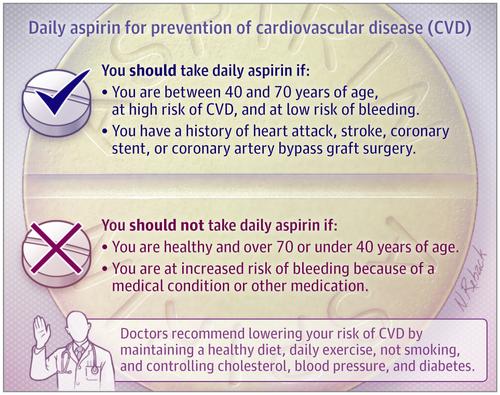
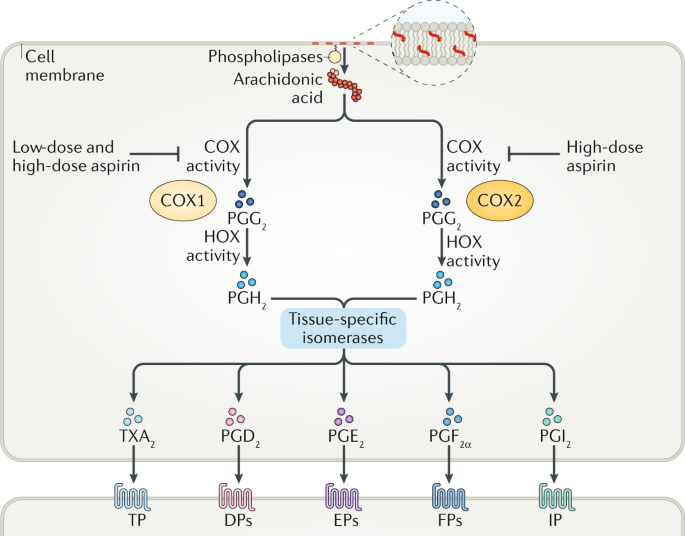



















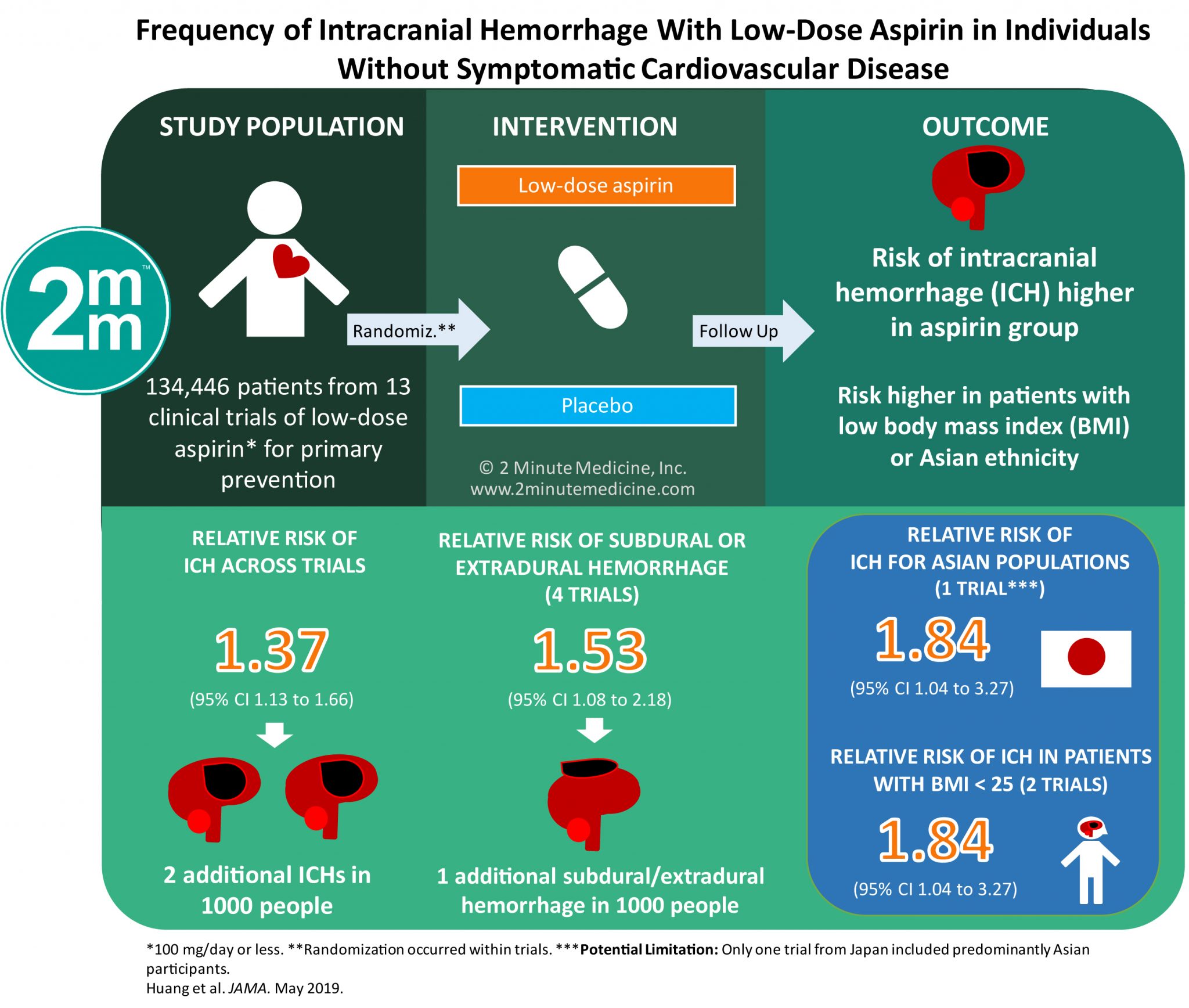


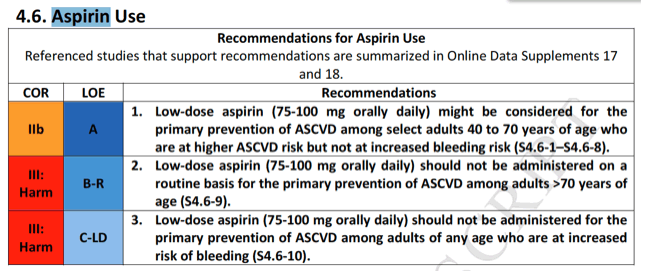



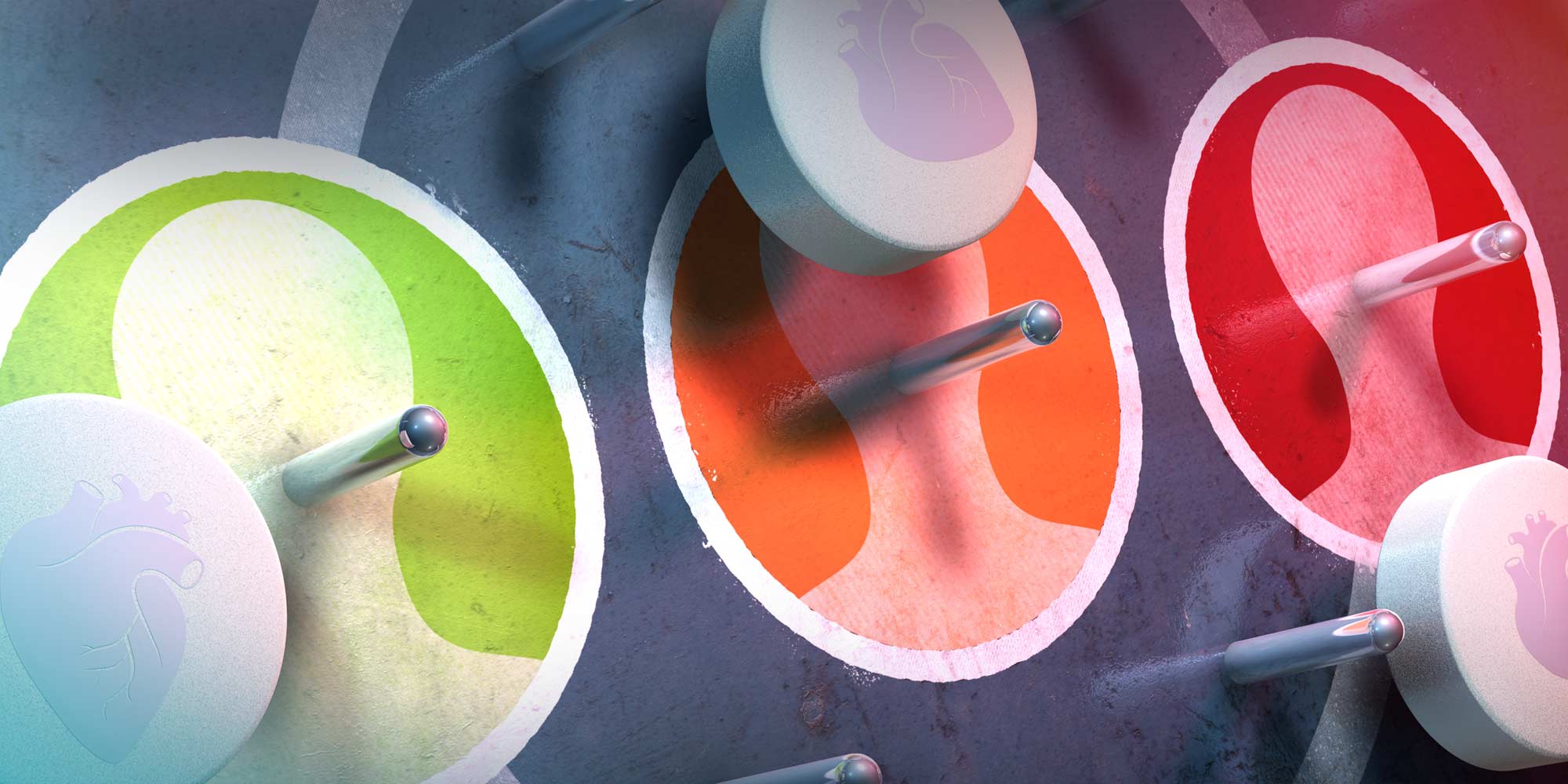
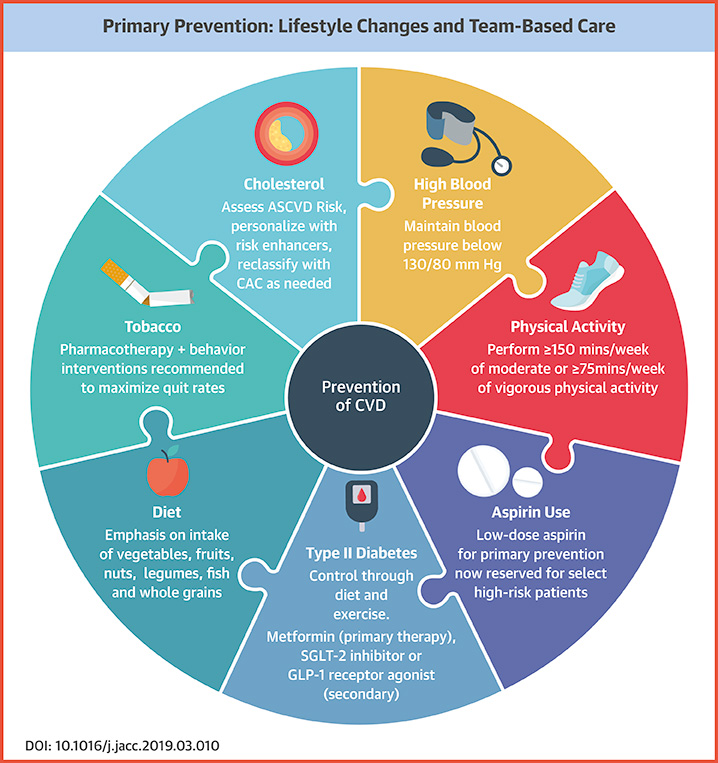








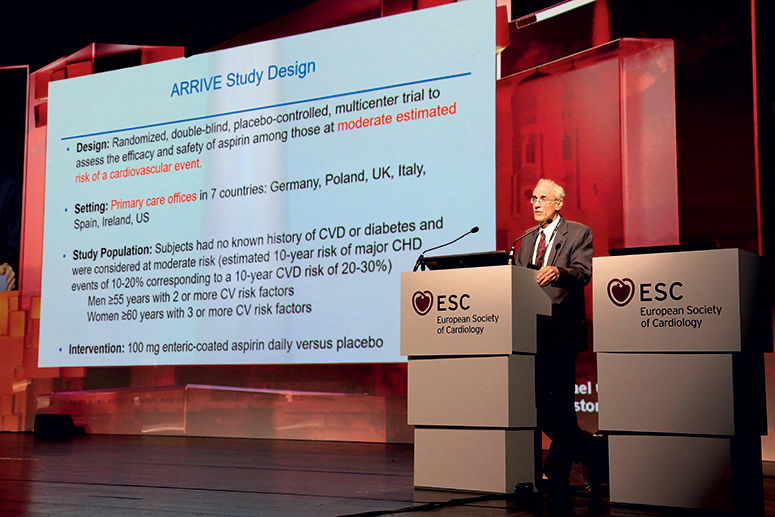
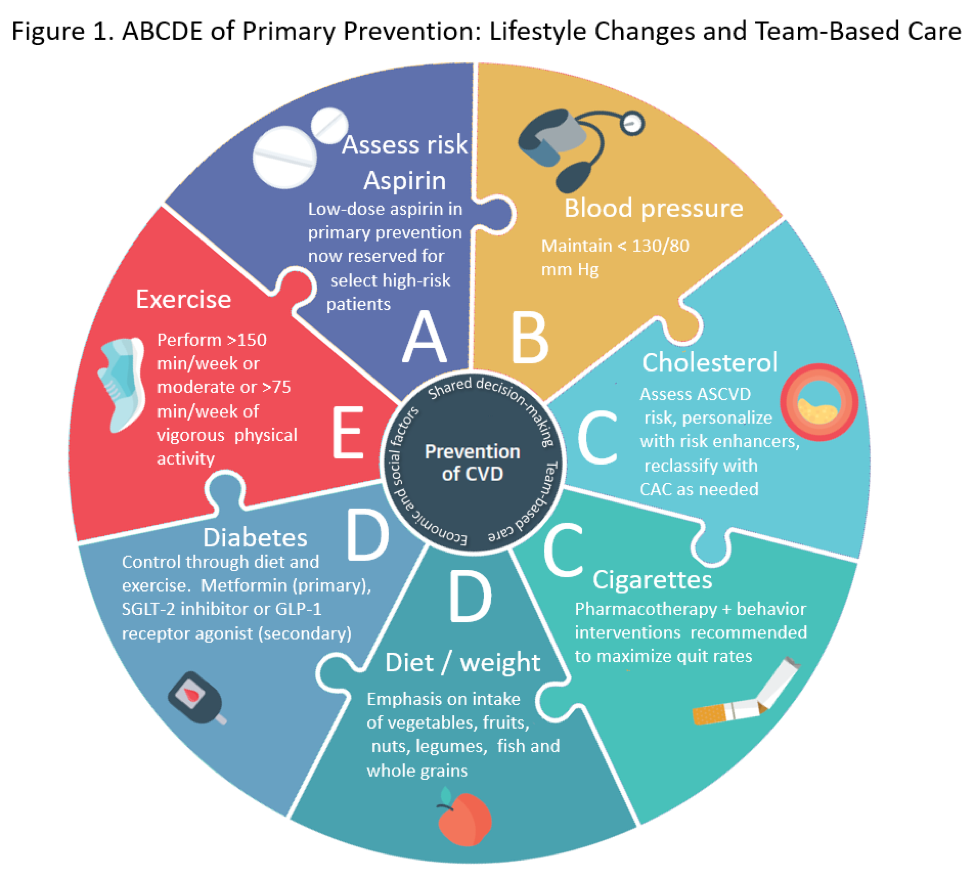
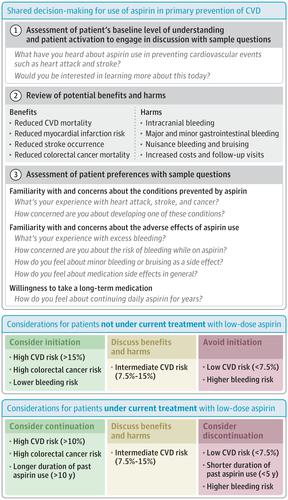

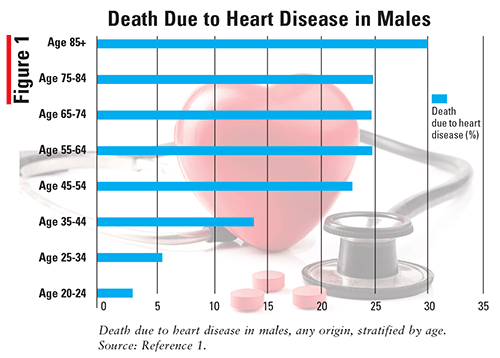


Post a Comment for "Aspirin For The Prevention Of Cardiovascular Disease"